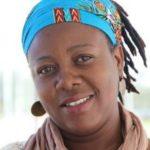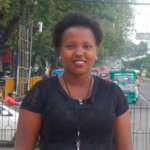This year’s African School on Internet Governance included a practicum exercise coordinated by Avri Doria, a highly respected member of both the internet technical community and the global internet governance community, as well as an APC member and volunteer. APCNews spoke with Avri to gather her insights on this year’s edition and on AfriSIG in general.
APCNews: What is your general impression about the 2016 AfriSIG?
Avri Doria: This AfriSIG was amongst the better experiences I have had in teaching in SIGs… Read more









